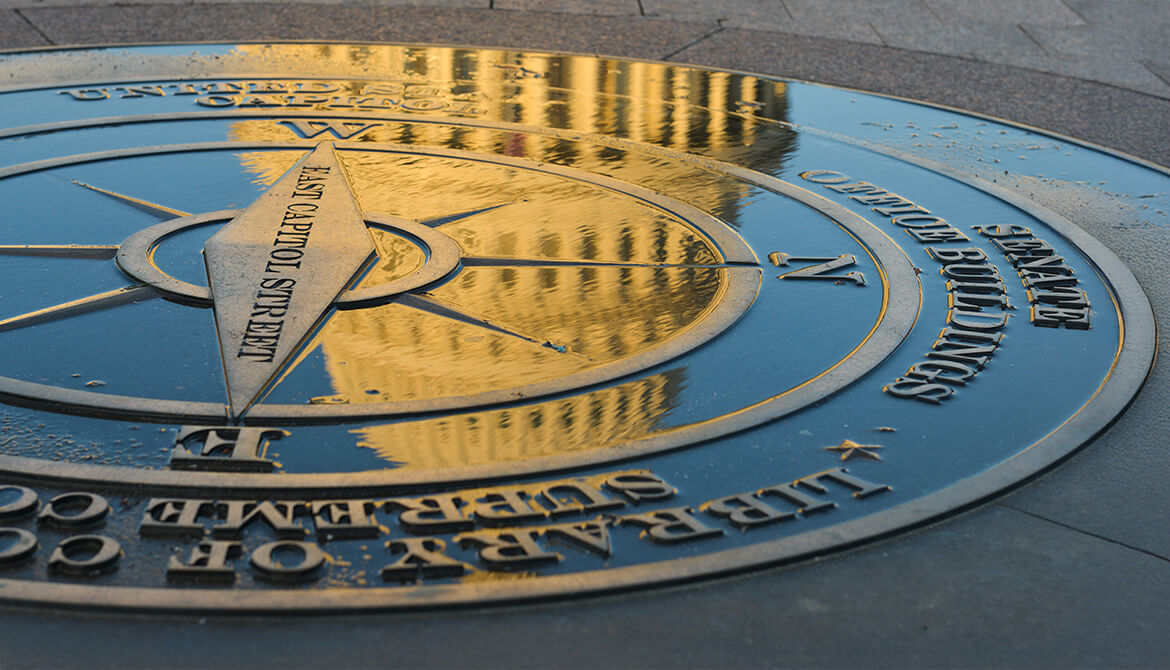4 minutes
What Rises to the Top?
Volatility reveals character. When credit union members face financial stress—whether from a government shutdown, macroeconomic disruption, or sudden regulatory shifts—leadership shifts from theoretical to essential. The choices made in those critical hours and days test not just our resolve, but the skills we’ve cultivated in quieter times.
Lessons from Credit Union Leaders
During the 2018 federal shutdown, CUES and DCUC member Service Credit Union in New Hampshire made a bold, principle-driven move: advancing members’ last paychecks automatically and later reconciling without penalties. That wasn’t a PR play—it was a statement of trust in their community.
And CUES member Navy Federal Credit Union responded similarly but at scale, rolling out zero-interest “Government Shutdown Loans” to thousands of military families.
In both cases—one local, one system-scale—the message was clear: in a crisis, protect people first. But these are just two examples of many military and non-military credit unions across the system taking action on behalf of their members and communities right now.
From those stories, certain leadership attributes rise above the noise.
Four Leadership Skills That Matter Now
- Advocacy. Real leaders influence the environment around them. DCUC’s support for the Pay Our Troops Act is just one demonstration of how credit union leaders must engage policy, so those serving in harm’s way are not collateral damage.
- Adaptability. Crises dismantle plans; leadership is about re-crafting direction under pressure. Good leaders understand the dynamic. Great leaders practice it in action.
- Member-Centric Thinking. Disruption surfaces real needs: skip-a-pays, emergency liquidity, or tailored financial products. Those who listen can respond.
- Cross-Functional Communication. People don’t need messaging. They need human clarity, continuous updates, and internal alignment as much as external consistency. It is in these situations that you want to overcommunicate. Not communicating is among the worst things to do.
While each of these is essential, trust is the thread that binds them. In uncertainty, every action and message either builds or erodes trust with employees, members, and stakeholders.
Building Strength Before the Storm
Strong leaders don’t wait for a crisis to practice these muscle movements. They hone them in intentional development settings.
The CUES CEO Institute program is structured around three core pillars—strategy, organizational effectiveness, and leadership development—and is taught in partnership with three prestigious institutions: The Wharton School, Darden School of Business, and Cornell University. Through case studies, peer labs, and scenario work, participants rehearse the kind of adaptability, decision-making, and member-centric thinking that gets tested under duress. For example, CEO Institute I: Strategic Planning explores topics like strategy under uncertainty, leadership and decision-making, and strategic execution.
At CUES Directors Conference, peer learning rises to new levels. During the upcoming 2025 event in San Diego (Dec 7-10), global change expert Mark DeVolder will help attendees cultivate resilience even in the face of relentless disruption. Drawing on his expertise in guiding organizations through complex transitions, he will share proven strategies to help leaders maintain stability, adapt quickly, and guide their organizations effectively during uncertain times.
Over at CUES Symposium 2026 (Feb 1–5 in Wailea, Hawaii), CEOs and their board chairs will take part in small group breakout sessions and problem-solve real challenges together. Among those sessions is a workshop on “Managing Polarities in Governance,” led by Tom Sievewright and Ryan Sherwin of ALM First—helping leaders understand tensions, trade-offs, and balance in real time.
These aren’t check-the-box events. They’re rehearsal spaces for uncertainty, where leaders learn frameworks, experiment, and return to their institutions with more depth, more alignment, and more confidence.
The Deeper Role of Community
DCUC plays quietly powerful work behind the scenes. By giving credit union leaders a structured voice in federal policymaking, it helps reduce the burden of advocacy, so individual leaders aren’t isolated. When discipline, consistency, and urgency are needed, leaders supported by DCUC already have a shared platform and legitimacy.
Similarly, when CUES convenes CEOs, boards, and future leaders, it does more than present content. It cultivates trust, shared vocabulary, and peer readiness. That shared investment raises the baseline of what’s possible in crisis.
Trust: The Surviving Metric
When storms come—and they always do—credit union leaders who can act swiftly, communicate clearly, lean into advocacy, and stay anchored to the mission rise. But even more than those skills, what survives is trust. Trust in intentions. Trust that decisions are grounded in values. Trust that despite uncertainty, the compass still points true.
Leadership in uncertainty is not about perfect execution. It’s about being present, courageous, human, and committed to stewarding the institutions and communities that count on us.
Heather McKissick, I-CUDE, is CEO of CUES. Her 30-year not-for-profit career encompasses six different industry sectors. She is a former EVP at University Federal Credit Union, Austin, Texas, where she served for nine years. Prior to that, she was CEO of Leadership Austin (https://leadershipaustin.org/), an organization dedicated to developing community and civic leaders across Central Texas. McKissick is the previous director of organizational development at one of the largest non-profit healthcare systems in the US and was an administrator and faculty member at St. Edward’s University.
Anthony Hernandez is the President and Chief Executive Officer of the Defense Credit Union Council (DCUC). He joined DCUC as its Chief Operating Officer in August 2016 and was selected as its CEO in April 2017. In this capacity, Mr. Hernandez is responsible for ensuring DCUC's overall operational effectiveness and the Council's continued growth as the principal trade association exclusively championing the interests of America's Credit Union Industry in serving military and veterans worldwide—currently representing over 35 million members.





